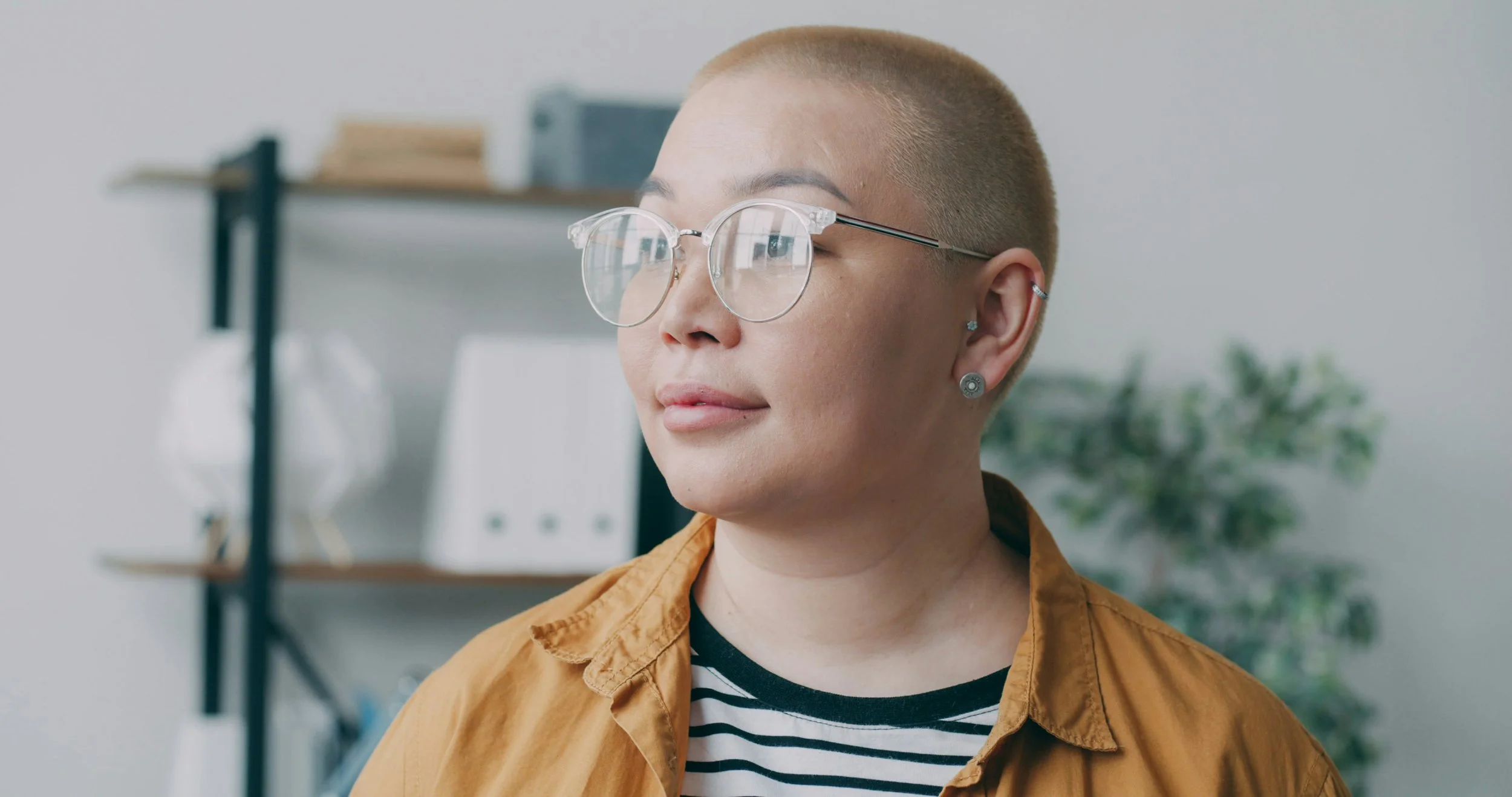Autism and Asexuality: Understanding the Connection and Supporting Neurodiverse Identities
When discussing Autism Spectrum Disorder (ASD), much attention is given to social communication, sensory sensitivities, and cognitive differences. However, one emerging area of research highlights a significant trend—individuals with autism are more likely to identify as asexual compared to their neurotypical peers. This insight sheds light on the diverse experiences within the ASD community, emphasizing the importance of understanding, acceptance, and tailored support.
For families, caregivers, and professionals providing autism support services in Connecticut, recognizing and addressing the unique experiences of autistic individuals—particularly in areas of identity and sexuality—can lead to more effective and compassionate care.
What is Asexuality, and Why is it More Common Among Autistic Individuals?
Asexuality is defined as a lack of sexual attraction to others. While asexuality exists across all demographics, studies suggest that autistic individuals are significantly more likely to identify as asexual. One survey found that about 7% to 8% of asexual individuals have an autism diagnosis, which is approximately four times the rate seen in the general population.
Several factors may contribute to this overlap:
Sensory Processing Differences – Many individuals with autism experience heightened sensory sensitivities, which can make certain physical sensations—such as touch—overwhelming or unpleasant. This may lead to a reduced interest in sexual activity.
Differences in Social Perception – Autistic individuals often have unique ways of understanding relationships and social norms, which can impact their views on romantic and sexual interactions.
Reduced Societal Pressure to Conform – Autistic individuals may feel less compelled to conform to traditional societal expectations regarding relationships, allowing them to embrace non-mainstream identities more openly.
A Focus on Other Interests – Some autistic individuals have deep, passionate interests that take precedence over romantic or sexual relationships, leading them to self-identify as asexual.
Why This Matters for Autism Support Services in Connecticut
At The Supported Living Group, we recognize that every autistic individual has a unique experience. As a leading provider of ASD services in Connecticut, we aim to support neurodiverse individuals in all aspects of life—including self-identity and personal expression.
Understanding the intersection of autism and asexuality allows caregivers, therapists, and educators to:
✔ Provide inclusive and affirming support for those exploring their identity.
✔ Ensure that autistic individuals receive the respect and autonomy they deserve in discussions about relationships and sexuality.
✔ Offer tailored multidisciplinary mental health and counseling services that acknowledge the unique perspectives of neurodiverse individuals.
✔ Foster acceptance and awareness within families and communities, reducing stigma around nontraditional identities.
Creating a More Inclusive Future for Autistic Individuals in Connecticut
By continuing to explore the connections between autism, identity, and sexuality, we can provide more comprehensive support for neurodiverse individuals. Whether through professional ASD therapy services, educational workshops, or one-on-one support, The Supported Living Group remains committed to promoting understanding and inclusion.
For more information on our autism services in Connecticut, including LPC therapeutic services and neuropsychological evaluations, visit The Supported Living Group’s website or contact us today.

